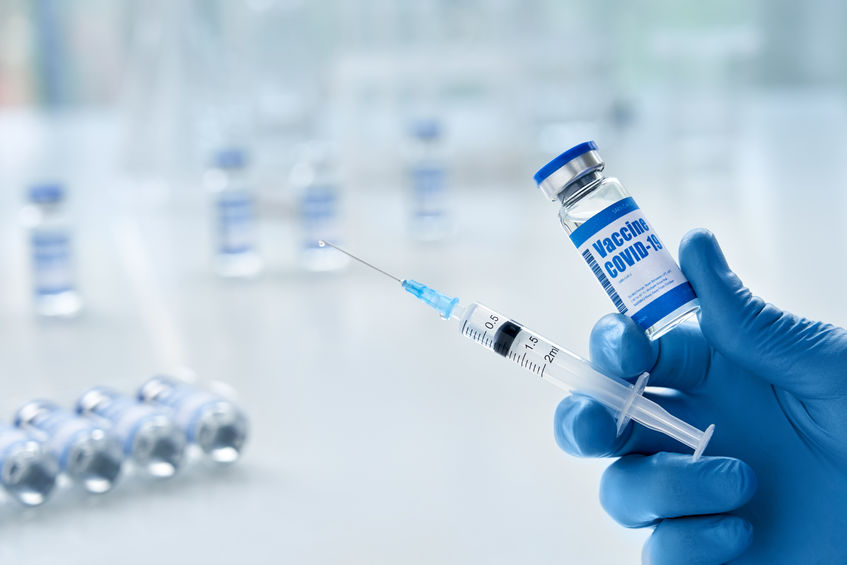Currently there are two COVID-19 vaccines available in the United States authorized for emergency use – one from Pfizer and one from Moderna. Many people have questions about the vaccines, such as, what is an Emergency Use Authorization (EUA)? Or was the vaccine rushed, and should I trust it? The best resource for answering these questions is the FDA (Federal Drug Administration) or CDC (Centers for Disease Control) websites, which were used to help answer some of those questions here!
What is an Emergency Use Authorization (EUA)?
The vaccines were approved under an Emergency Use Authorization (EUA). An EUA is a way to get something available for helping fight public health emergencies (like the COVID-19 pandemic) as soon as possible and includes vaccines. With an EUA, the FDA can allow for vaccines that haven’t been fully approved yet to become available sooner and start preventing serious or life-threatening diseases. However, anything (including vaccines) authorized under an EUA still must meet strict criteria, like having no other approved or available alternative and having good evidence for use. After getting an EUA, manufacturers of the vaccines still are expected to get additional safety and effectiveness information as well as official approval thereafter.
Were the vaccines rushed?
Some reasons it usually takes vaccines and medications so long to be approved by the FDA isn’t exactly related to the actual process of developing the medication or vaccine. There are many factors that lead to a slowed approval process, such as funding, getting enough volunteers for clinical trials, and submitting the information to the FDA to get approval (just to name just a few). Because the COVID-19 pandemic has been such a huge burden on society, there has been no shortage of funding and volunteers to help get the vaccines ready for use. COVID-19 is everywhere now, so evaluating the effectiveness of the vaccine was done much faster than what you might expect for a less common disease too. Money, volunteers, and trials usually add months to years onto the drug development process. Also, the FDA generally takes a long time to review the applications for new drugs and vaccines. However, with the COVID-19 vaccines, they were able to fast track the application process and review the vaccines right away. Using the fast track also shaved months to years off the vaccine development timeline. Although high priority was placed on the development and approval of the vaccines, all the scientific standards, integrity of the review process, and safety has been held to the same standard as a drug or vaccine going through the more typical development and review process. If you’d like to know more about the pathway the vaccines took from research to Emergency Use Authorization, see reference 2 below.
Should I trust the vaccine?
Yes, you can trust the science behind the COVID-19 vaccines. The vaccines have gone through clinical trials of tens of thousands of participants to get enough data and research for the FDA to determine they are safe and effective. The FDA reviews the manufacturing processes, safety, and effectiveness and assures the benefits of the vaccine outweigh any known risks before allowing it to go through to public use. The clinical trials still had to be done under the same rigorous standards as any other vaccine or medication. Now, in addition to the nearly 74,000 people who got the shots in the Pfizer and Moderna clinical trials, reportedly more than 64 million people have received the COVID-19 vaccine in the US. The number of people goes up by millions every day. The FDA expects the vaccine manufacturers to include a plan for active follow-up for safety (including deaths, hospitalizations, and other serious or clinically significant adverse events) among individuals who get the vaccine under the EUA, and they must keep an ongoing communication about the benefits and risks to continue the EUA. The FDA and CDC also are responsible for continued vaccine safety monitoring and are prepared to rapidly detect safety problems if they exist.
Resources:
- https://www.fda.gov/vaccines-blood-biologics/vaccines/emergency-use-authorization-vaccines-explained












